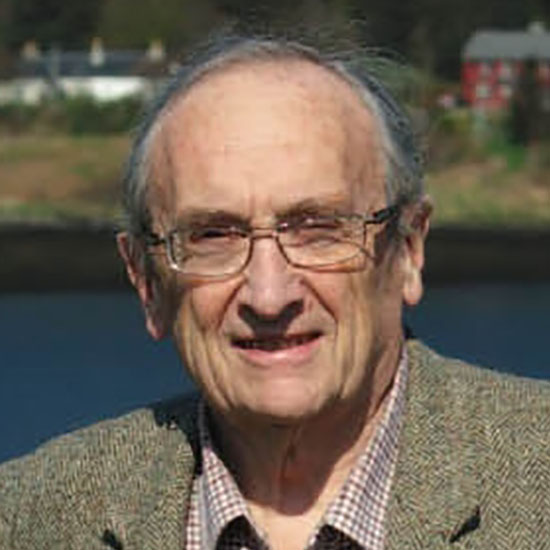Malcolm Ferguson-Smith's significant contributions to human genetics and cytogenetics range from early studies applying the sex chromatin method to the analysis and frequency of intersexual states, and to genome mapping using chromosome rearrangements. Malcolm was the first to report the now familiar phenomenon of satellite association, the 48 XXXY karyotype, the specificity of location of secondary constrictions in the human chromosome set and gene location by in situ hybridization.
His contributions to the knowledge of human meiosis have been of the highest quality and he was the first to succeed in identifying the characteristic cross configurations expected at pachytene in subjects heterozygous for a reciprocal translocation. Malcolm is also the author of provocative hypotheses on the basic genetic lesion in Turner's syndrome (haploidization of active genes shared by the X and Y chromosomes), on the causation of XX masculinity and true hermaphroditism (by transference of a masculinising segment of Y to the X chromosome, leading to the discovery of the mammalian sex determining gene), and on the origin of spontaneous structural chromosome rearrangements from meiotic recombination between repetitive elements on non-homologous chromosomes. He has been a pioneer of methods for prenatal diagnosis of genetic disease.
Since his election in 1983 his research has concentrated on providing many early assignments to the human gene map; on the positional cloning of disease genes; on developing flow sorting of chromosomes for producing chromosome-specific multicolour chromosome paints used in medical diagnosis; on cross-species chromosome homology for the study of evolution in vertebrates; and on chromosome-specific sequencing for genomic studies. Recent research of his team has led, for example, to the resolution of the ten sex chromosomes of the platypus and the discovery of high conservation between the genomes of birds and reptiles.
Professional position
- Emeritus Professor of Pathology, Department of Veterinary Medicine, University of Cambridge
Subject groups
- Organismal biology, evolution and ecology
Evolution
- Health and human sciences
Medicine, clinical studies, Veterinary, clinical studies

